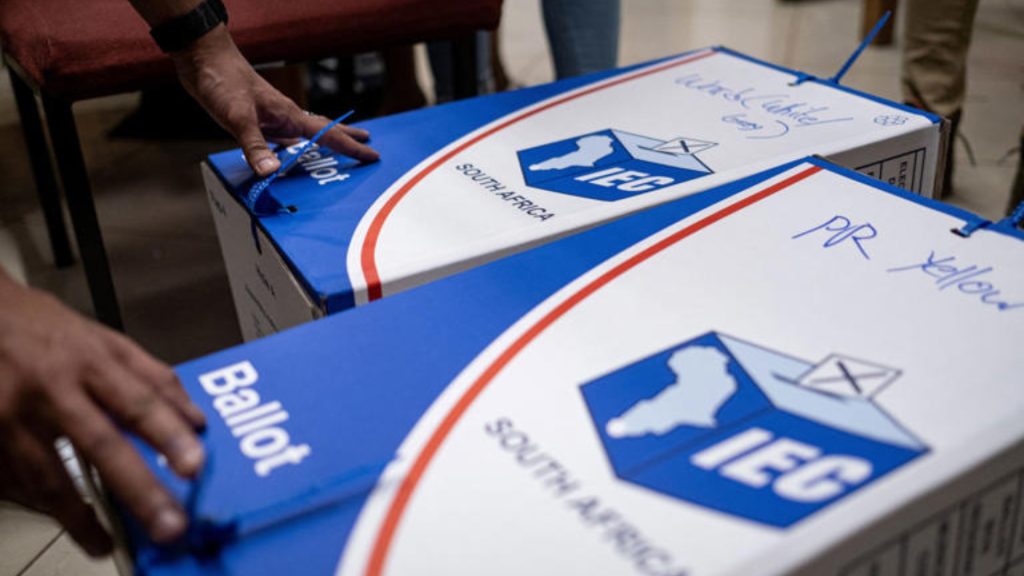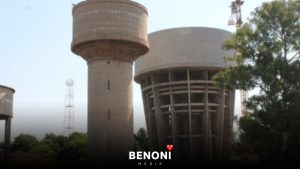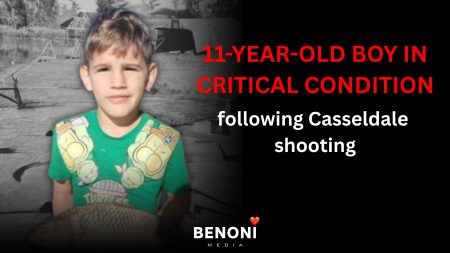Worst Election Result in 30 Years
South Africa’s ruling African National Congress (ANC), led by President Cyril Ramaphosa, is facing unprecedented pressure after experiencing its worst election result in 30 years. The ANC garnered only 40% of the vote in Wednesday’s poll, a significant drop from the 58% it achieved in the previous election. This outcome forces the party to seek coalition partners to retain power, a first since the end of apartheid in 1994.
Declining Support and Voter Discontent
The ANC’s support has been steadily declining due to widespread dissatisfaction with high levels of corruption, unemployment, and crime. The cost-of-living crisis and frequent power cuts have further exacerbated public frustration. One longtime ANC supporter told the BBC that she voted for the Democratic Alliance (DA) this time, reflecting the shifting sentiments among voters who are disillusioned with the ANC’s performance.
Election Results and Coalition Talks
The Independent Electoral Commission (IEC) announced the final results on Sunday. The ANC, with 40.18% of the vote, will need coalition partners to form a government. The DA, the main opposition party, secured 21.81%, while the newly formed uMkhonto weSizwe (MK) party, led by former President Jacob Zuma, received 14.58%. The radical Economic Freedom Fighters (EFF) garnered 9.52%, making a coalition between the ANC and either the DA or MK essential to surpass the 50% threshold.
Potential Coalition Partners
President Ramaphosa and the ANC leadership are in discussions about potential coalition partners. Options include a coalition with the DA or MK. However, both the EFF and MK advocate for policies such as seizing white-owned land and nationalising mines, which could deter foreign investment. MK has expressed willingness to work with the ANC but not under Ramaphosa’s leadership, citing the bitter power struggle between Ramaphosa and Zuma in 2018.

Policy Alignment and Negotiations
ANC chairperson Gwede Mantashe stated that any coalition partner must agree to the party’s black empowerment policies and the National Health Insurance (NHI) Bill. The DA opposes both the NHI and the ANC’s empowerment policies, complicating coalition talks. DA leader John Steenhuisen outlined several non-negotiable for any potential alliance, emphasising the rule of law, a social market economy, zero tolerance for corruption, and economic policies that promote job growth. He ruled out forming coalitions with the EFF or MK, fearing instability.
South Africa’s Lowest Voter Turnout
This election saw the lowest voter turnout in South Africa’s democratic history, with only 58.64% of registered voters casting their ballots. Of the 27.7 million registered voters, only 16.2 million voted on election day, reflecting growing political apathy and disillusionment among the electorate.
Results by Province
The ANC secured more than 50% of the vote in five provinces: Limpopo, Eastern Cape, North West, Free State, and Mpumalanga. In the Northern Cape and Gauteng, the ANC fell short of a majority and will need coalition partners. The DA will continue governing the Western Cape, while MK received the highest number of votes in KwaZulu-Natal, ahead of the ANC.
Election Procedure and Government Formation
South Africans do not directly vote for the president. Instead, they elect members of the National Assembly, who then choose the president by a simple majority. Following the IEC’s announcement, the steps to form a government include:
- Allocation of Seats: Seats in the 400-member National Assembly are proportionately allocated based on election results.
- First Sitting of the National Assembly: Within 14 days, the newly elected National Assembly must hold its first sitting to swear in members and elect the speaker.
- Election of the President: The National Assembly elects the president, who then appoints the cabinet and forms the government.
- Formation of Government: The president appoints ministers and forms the government, usually within a couple of weeks to ensure a smooth transition of power.
Ramaphosa’s Future in Doubt
President Cyril Ramaphosa has indicated he will not resign despite the ANC’s poor performance. Some opposition parties, including Zuma’s MK, have ruled out a coalition with the ANC unless Ramaphosa is removed. This adds further complexity to the coalition talks and the future leadership of the ANC.

Historical Election Results
Since the end of apartheid, the ANC has dominated South Africa’s elections. The party’s highest margin of victory was nearly 70% in 2004. In the last election in 2019, the ANC received 57.5%, its lowest margin of victory until this year’s 40.18%.
Current National Assembly Composition
The 400-member National Assembly is currently represented by 14 political parties. The ANC holds 230 seats, the DA 84, and the EFF 44. The remaining seats are distributed among other parties, reflecting the diverse political landscape of South Africa.
Waiting for Coalition Outcomes
As South Africa stands on the brink of a new political era, the nation awaits the outcome of coalition negotiations with bated breath. The ANC’s need to forge alliances for the first time in its post-apartheid history marks a significant shift in the political landscape. The decisions made in the coming weeks will not only determine the immediate future of the ANC and its leadership but also set the course for South Africa’s governance and its efforts to address the challenges facing its people. The country and the world watch closely as these crucial discussions unfold.








